Related Research Articles

A bookmaker, bookie, or turf accountant is an organization or a person that accepts and pays out bets on sporting and other events at agreed-upon odds.

Albert Henry DeSalvo was an American murderer and rapist who was active in Boston, Massachusetts, in the early 1960s. He is known to have confessed to being the "Boston Strangler", a serial killer who murdered thirteen women in the Boston area between 1962 and 1964. Lack of physical evidence supported DeSalvo's confession, and he was only prosecuted in 1967 for a series of unrelated rapes, for which he was convicted and imprisoned until his death in 1973. DeSalvo's claims to have murdered multiple women was disputed, and debates continued regarding which crimes he truly had committed.

John Anthony Volpe was an American businessman, diplomat, and politician from Massachusetts. A son of Italian immigrants, he founded and owned a large construction firm. Politically, he was a Republican in increasingly Democratic Massachusetts, serving as its 61st and 63rd Governor from 1961 to 1963 and 1965 to 1969, as the United States Secretary of Transportation from 1969 to 1973, and as the United States Ambassador to Italy from 1973 to 1977. As Secretary of Transportation, Volpe was an important figure in the development of the Interstate Highway System at the federal level.

The Boston Police Department (BPD) is the primary law enforcement agency of Boston, Massachusetts, United States. Founded in 1854, the BPD is the oldest municipal police department in the United States. It is also the 20th largest law enforcement agency in the country, with 2,713 sworn and unsworn personnel.

Walter Sydney Vinnicombe was an English actor and comedian. He worked in film, television and theatre.
James Draper St. Clair was an American lawyer, who practiced law for many years in Boston with the firm of Hale & Dorr. He was the chief legal counsel for President Richard Nixon during the Watergate scandal.
Abraham C. Sarkis was an American bookmaker who oversaw Boston's numbers racket for the Patriarca crime family.

Joseph J. "Sport" Sullivan was an American bookmaker and gambler from Boston, Massachusetts who helped to initiate the 1919 Black Sox Scandal.
CBS Reports is the umbrella title used for documentaries by CBS News which aired starting in 1959 through the 1990s. The series sometimes aired as a wheel series rotating with 60 Minutes, as a series of its own, or as specials. The program aired as a constant series from 1959 to 1971.

Charles Forest Nelson Pratt was a Republican politician from Saugus, Massachusetts.
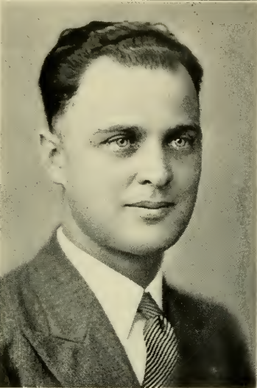
Joseph Henry Goguen was a Massachusetts teacher, politician and civil servant, who served as Member of the city council of Leominster, Massachusetts, as a member of the Massachusetts House of Representatives, as the Massachusetts Public Safety Commissioner, the United States Marshall for the District of Massachusetts and, from 1958 to 1959, as the acting Secretary of the Commonwealth.
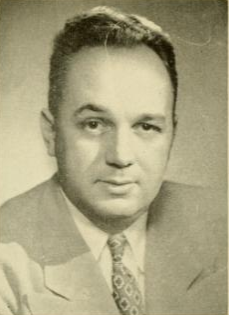
Frank S. Giles Jr. was a politician who was a Member of the Massachusetts House of Representatives and the Massachusetts Public Safety Commissioner.
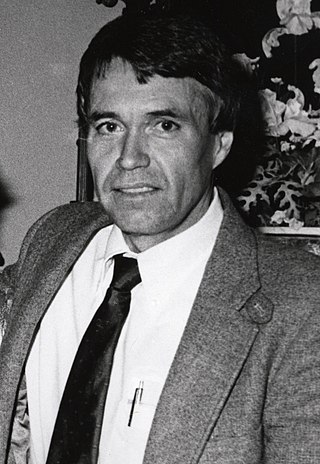
Francis Michael Roache was an American law enforcement officer and politician who served as the Boston Police Commissioner from 1985 to 1993. He was also a member of the Boston City Council from 1996 to 2002 and was Suffolk County Register of Deeds from 2002 to 2015.
Jay Latimer McMullen was an investigative journalist for CBS News.
Leo L. Laughlin was an American law enforcement officer and businessman who worked for the Federal Bureau of Investigation and served as Massachusetts' Commissioner of Public Safety.
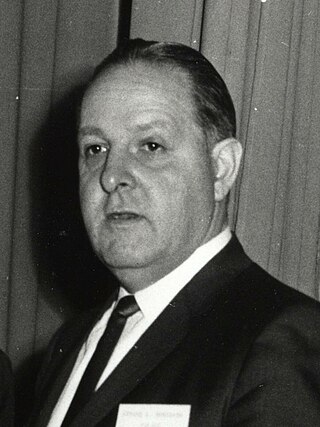
Edmund Leo McNamara was an American law enforcement official and professional football player who served as commissioner of the Boston Police Department.

Leo J. Sullivan was an American government official from Boston who served as commissioner of the Boston Police Department from 1957 to 1962.
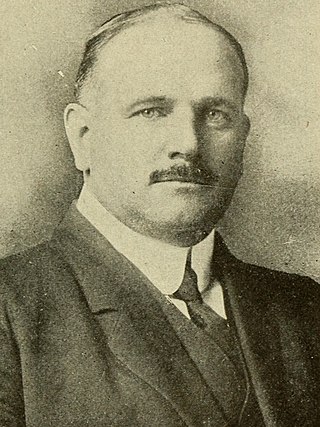
Herbert A. Wilson was an American politician who served as Commissioner of the Boston Police Department and member of the Massachusetts General Court.
Robert H. Beaudreau was an American attorney and jurist who served as a Massachusetts Superior Court judge.
Warren L. Bishop (1890–1939) was an American lawyer and politician who served as District Attorney of Middlesex County, Massachusetts from 1931 to 1939.
References
- 1 2 3 4 5 6 7 8 9 10 Sullivan, Jerome (December 10, 1961). "TV's Most-Talked-of Film: 'Biography of Bookie Joint'". The Boston Globe.
- 1 2 Shepard, Richard F. (November 24, 1961). "Robert on Crime Listed by C.B.S.-TV". The New York Times.
- ↑ Vet investigative reporter Jay McMullen dies
- 1 2 McKinnon, George (December 4, 1961). "Here's What You Missed In TV Show on Bookies". The Boston Globe.
- ↑ Wysocki Ronald A. (January 15, 1962). "Politicians in Bookie Film". The Boston Globe.
- ↑ "The Bookie Joint Film". The Boston Globe. March 22, 1963.
- ↑ "Emmys.com – list of Nominees & Winners". Archived from the original on March 18, 2018. Retrieved March 17, 2018.
- ↑ Ralph L. Smith (1974). The Tarnished Badge. Arno Press. p. 144. ISBN 978-0-405-06167-7.
On November 30, 1961 CBS-TV aired a nationwide television show entitled "Biography of a Bookie Joint". [...] Soon after it appeared, Massachusetts Governor John Volpe requested the resignation of Commissioner Sullivan...
- ↑ "Ouster Case in Boston". The New York Times. December 20, 1961.
- ↑ Wysocki, Ronald (March 16, 1962). "Bonner Delivers Sullivan's Letter". The Boston Globe.
- 1 2 Osoff, Jeffrey (December 1, 1962). "Year Ago Today: Boston Cleaned Up--Some--Since Key Shop TV Show". The Boston Globe.
- ↑ Rollins, Bryant (July 2, 1964). "House Exonerates Chadwick". The Boston Globe.
- ↑ "Back Bay Key Shop Raided". The Boston Globe. September 21, 1963.